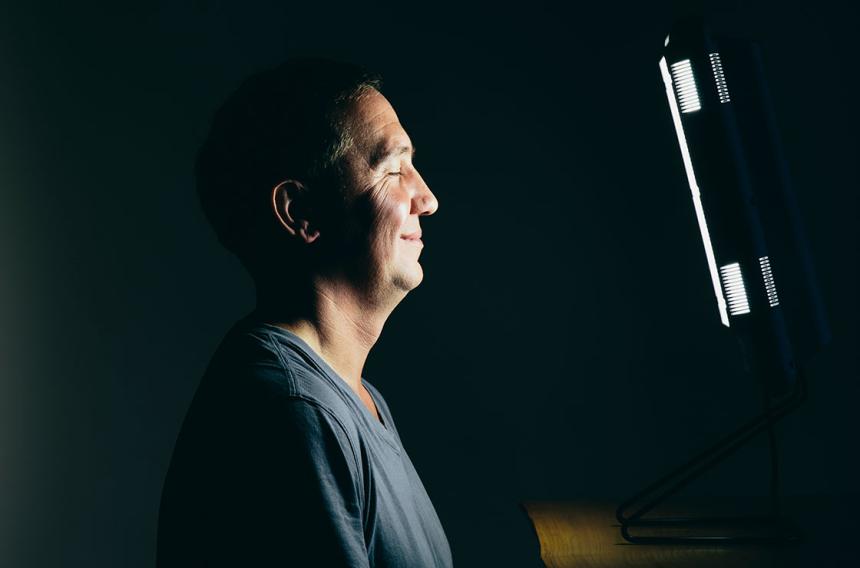4 Natural Sleep Remedies

Getting a good night's sleep isn't always easy. In fact, it's estimated that between 50 and 70 million Americans struggle with sleep-related problems.
When you're tossing and turning, your first instinct may be to try a pill. But there are effective sleep remedies beyond a prescription bottle. Studies suggest that some natural remedies for sleep that may help mild insomnia.
If you aren’t getting enough zzz’s, discuss these four natural remedies to help you sleep with your MDVIP-affiliated physician.
- Acupuncture – may provide modest improvements in sleep quality when it’s combined with good sleep hygiene and/or prescription medication. Acupuncture works by easing anxiety, stimulating melatonin production and reducing sleep disruption. It also helps ease pain, a common cause of sleeplessness.
- Light Therapy – may ease sleep-wake cycle disturbances when using between 3K and 10K lux. Light therapy involves sitting near special type of light box each day for a specific time. The light mimics outdoor light, helping regulate your circadian rhythms, so that you can fall asleep earlier at night and/or sleep later in the morning. You can purchase light boxes and light therapy lamps at pharmacies, houseware stores and large chain retail stores.
- Music therapy – may help improve sleep quality and relieve insomnia. Studies have found that listening to soft music at naptime or bedtime can help improve sleep quality. Martin Reed, creator of Insomnia Land, a website dedicated to helping people get over insomnia, suggests choosing music that has a slow rhythm between 50 and 60 beats per minute (BPM). You can figure out the BPM of a song simply by listening to the song and counting the number beats for 60 seconds. Music that imitates the sound of ocean or has a lullaby-like quality also works well; Reed says. New Age or classical music, or music with a positive association also seems to help.
- Supplements – can be helpful, but might cause interactions. That’s why it’s important to discuss them with your doctor before taking them. Here are two commonly used supplements.
- Melatonin – is a hormone that can be taken as a supplement. It may help ease insomnia, beta-blocker insomnia, delayed sleep phase syndrome and non-24-hour sleep wake disorder by helping regulate your circadian rhythms.
- Valerian – also known as valerian root, is an herb that can be taken as a supplement. It contains compounds that work with neurotransmitters to create a feeling of tranquility and reduce anxiety, which may help you fall asleep faster.
It’s important to keep a sleep log (download one here), particularly when trying different strategies to improve your sleep. If lifestyle changes or natural remedies don’t work, talk to your doctor, who may order tests, prescribe medication or refer you to a specialist. If you need a physician, consider partnering with an MDVIP affiliate, as they can create a personalized wellness program that may help you sleep better. Find one near you and begin your partnership in health »
